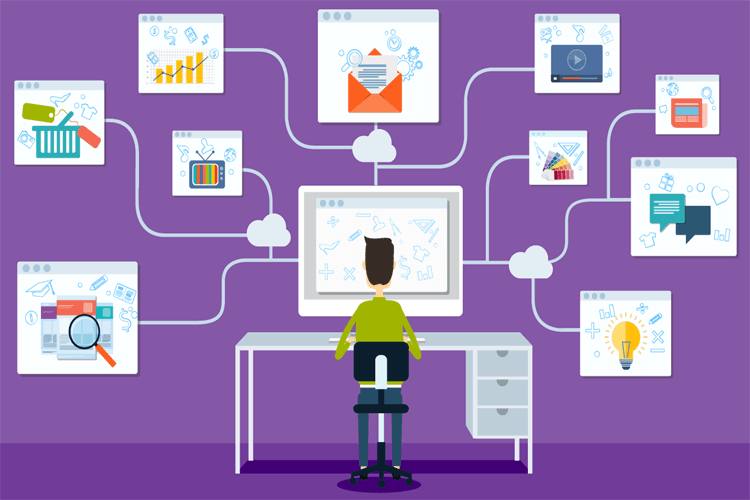Technology has assimilated into our everyday lives in this fast growing digital era. The development of technology, from cellphones to artificial intelligence, has significantly altered many facets of our society. The workplace is one such sector that has been significantly impacted by technology. Technological improvements are having an impact on how we work, the skills we require, and the career routes we choose. We will discuss the future of work and how technology is changing job choices in this blog article.
Let’s start by exploring how technology is altering the nature of labor. Traditional employment positions are changing as a result of automation, robots, and artificial intelligence. Machines are now more correctly and efficiently doing tasks that were previously carried out by people. Some occupations are being eliminated as a result of this transition, while others are being replaced by new ones that need for technological and data analytic expertise. For instance, self-driving vehicles will eventually replace truck and taxi drivers, but this also creates job possibilities in data science and software engineering.
Additionally, technology has created options for freelance labor and distant employment. Professionals may now operate from any location thanks to digital platforms and collaborative technologies. Due to this, the gig economy has emerged, giving people more freedom and control over their jobs by allowing them to work on numerous projects and customers at once. A broader talent pool is also made possible by the option to work remotely since distance is no longer a barrier for businesses looking for qualified workers.
The growing significance of digital skills is another way that technology is influencing job trajectories. The need for people with knowledge in coding, data analysis, and digital marketing is growing as more and more sectors go digital. In addition to technology firms, conventional businesses that want to stay competitive in the digital era are also looking for workers with these talents. Because of this, those who have these talents are in great demand and have a broad variety of job options across several sectors.
Technology is also transforming how we study and gain information. Education is now more accessible than ever thanks to online learning resources and e-learning systems. Regardless of their location, people may now learn new skills and information at their own speed. This has made it easier for those who want to change careers and for those who want to retrain or upskill themselves. Success in the workplace now heavily depends on having the capacity to constantly learn new things and adjust to changing technology.
It is critical to recognize any possible risks associated with these technical breakthroughs. The market for employment requires ever-evolving abilities due to the quick rate of change. This calls for a change toward continual professional growth and lifetime learning. People will need to keep up with the most recent technical developments and be open to adopting new working methods.
In conclusion, technology is drastically altering how people pursue careers. Unquestionably, the development of technology, automation, and artificial intelligence will alter the nature of labor in the future. While there are difficulties associated with these changes, there are also exciting chances for people to explore new career routes, work from home, and pick up in-demand digital skills. It will be important to embrace technology and keep learning if you want to succeed in this dynamic and ever evolving workplace.
